Quiz Yourself
Climate Change Quiz
Climate Change Quiz
How much do you know about the world’s greatest threat? We’re talking, of course, about climate change.
There is a small wait at the end while we tally your results. Please stay on the page.
Special thanks to Russell Scherr, Katelyn Crews, Katie Hohns, Lily Fowler, Lindsey Sparkman, and Noor Chowdhury for their essential work on this project.
Which of the following is a greenhouse gas (GHG)?

Greenhouse gases may result from natural processes or human activities. These gases include carbon dioxide (CO₂), methane (CH₄), water vapor, nitrous oxide (N₂O), and ozone (O₃). Fluorinated gases, which are primarily human-made, are also considered greenhouse gases. Greenhouse gases act like a heat-trapping blanket, making the Earth habitable for humans. However, human activities have increased emissions of greenhouse gases beyond what the Earth can naturally support, resulting in climate change.
What was agreed to in the “Paris Agreement” that came out of COP-21, held in Paris in 2015?

The Paris Agreement is an international treaty on climate change. It aims to keep the overall increase in global temperatures below 2 degrees Celsius, with the hope of limiting it to 1.5 degrees Celsius. Scientists believe that these are the largest increases in global temperature that we could experience without causing catastrophic change to the Earth’s climate.
What percentage of the global greenhouse gas emissions does the transportation sector emit?

Transportation accounts for 29% of global greenhouse gas emissions, making it one of the largest contributors to climate change. Most emissions come from burning fossil fuels for road, rail, air, and marine transport, with petroleum-based fuels like gasoline and diesel powering nearly all vehicles. The United States has one of the highest per capita emission rates globally, at nearly 13%.
Which of these countries emits the most carbon dioxide annually?
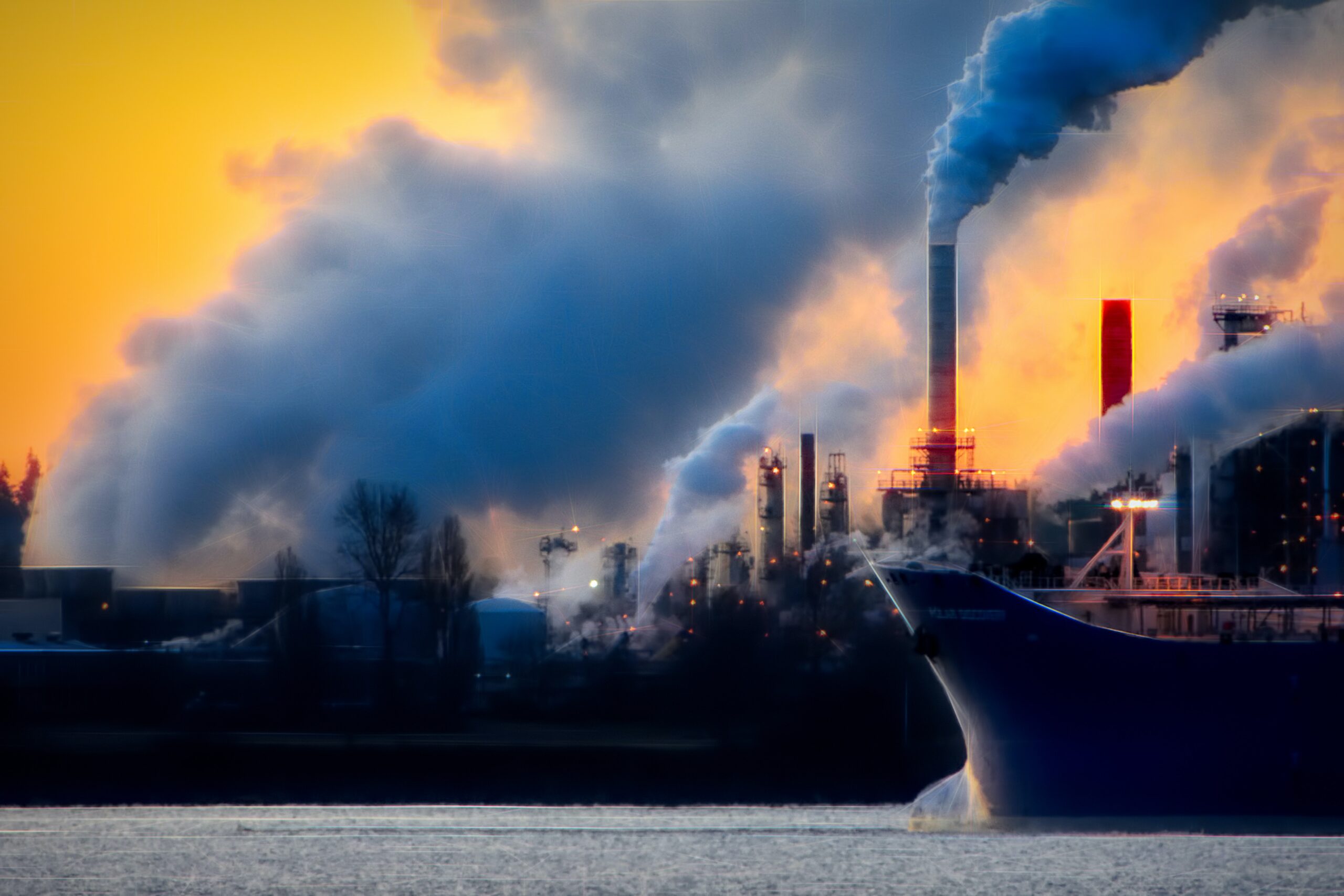
China is currently the largest annual contributor to global greenhouse gas (GHG) emissions, accounting for approximately 33% of global CO2 emissions in 2022. It is followed by the United States at approximately 13% and India at approximately 7%. While China leads in recent annual emissions, the United States remains the largest historical cumulative emitter of greenhouse gases due to its longer industrial legacy.
Globally, which of the following economic sectors emits the largest percentage of greenhouse gas emissions?
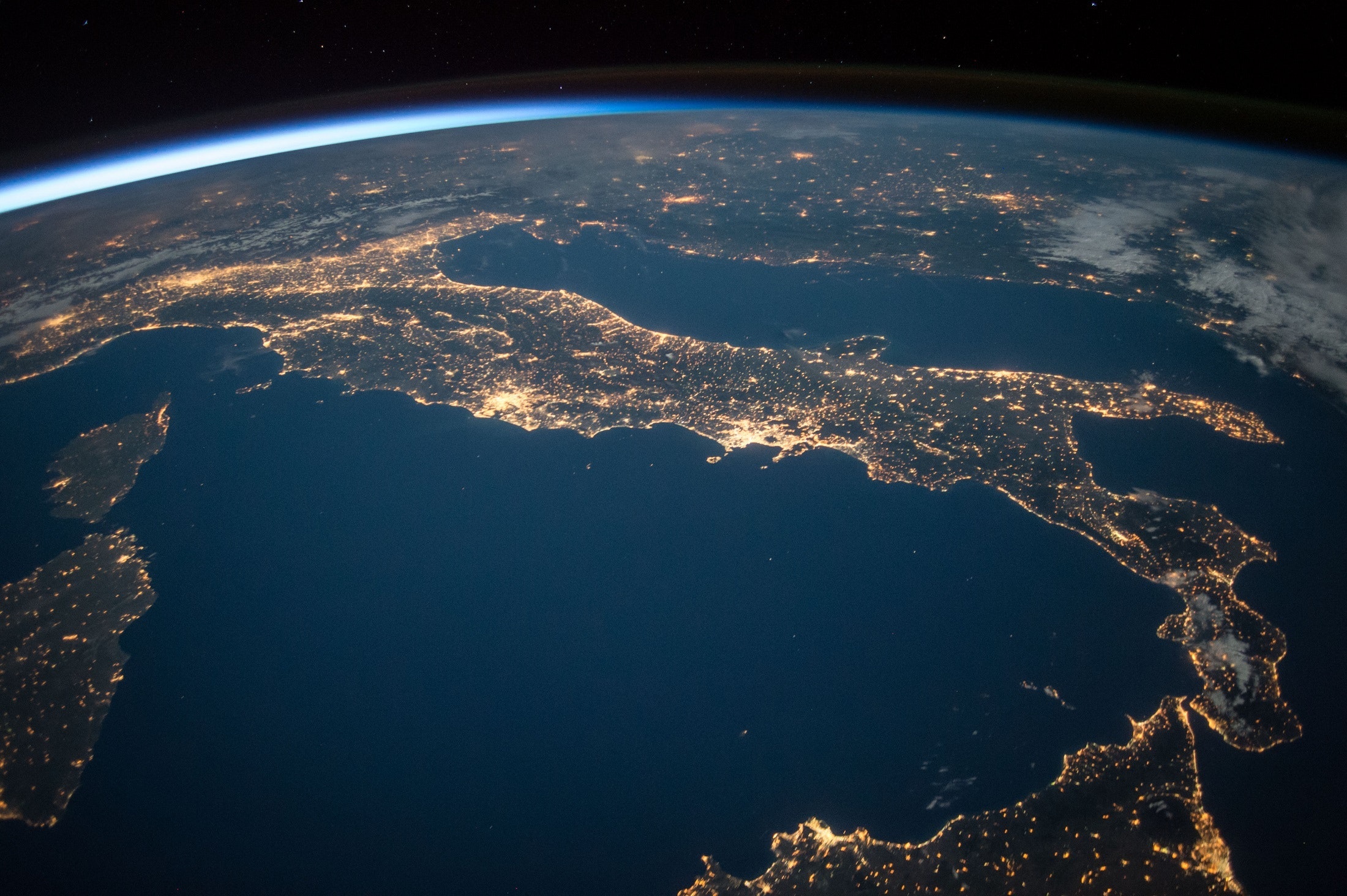
According to 2022 data, the transportation sector was the largest source of greenhouse gas emissions in the U.S., accounting for 28% of total emissions (or 29% when including electricity end-use). This is followed by the electric power sector (25%), industry (23%), and residential & commercial buildings (13%).
What is the Greenhouse effect?
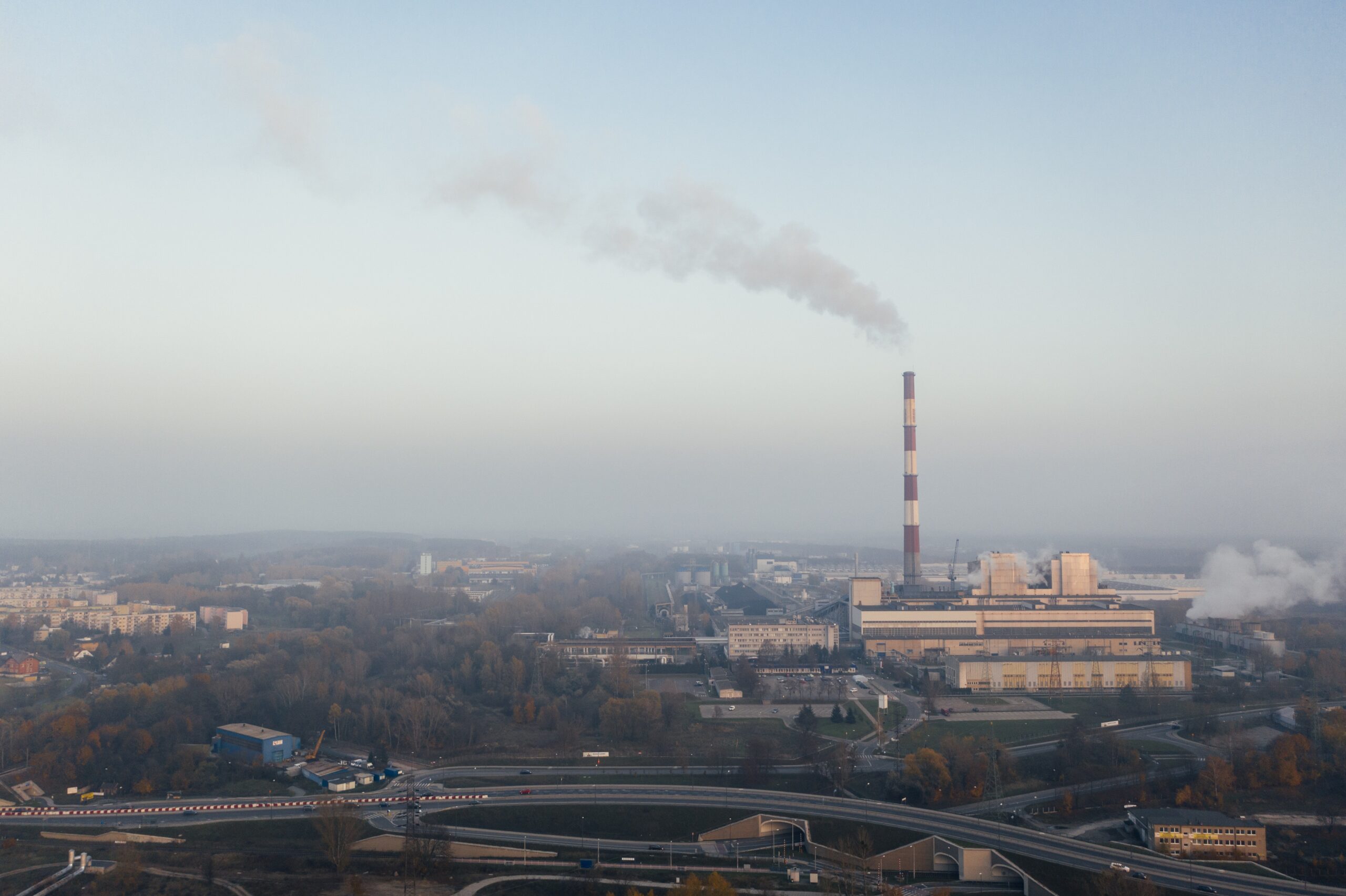
The Earth receives solar radiation from the sun. Passing through the atmosphere, some radiation is absorbed by the Earth, while some is reflected back to space. When the exchange of incoming and outgoing radiation occurs, some of the radiation becomes trapped by gasses in the atmosphere. This creates a “greenhouse” effect and warms the planet.
Which of the following is NOT a consequence associated with climate change?

Climate change will impact the amount of mass migrations occurring for affected societies. As extreme weather events, such as droughts and floods, continue to occur across the globe, more and more locations are becoming uninhabitable for people to sustain livelihoods there. And so, mass migrations will continue to avoid the impacts of climate change. Displaced people experience all of these other problems associated with climate change and are already feeling the devastating impacts in the most vulnerable countries and communities.
What can you do to help fight climate change?
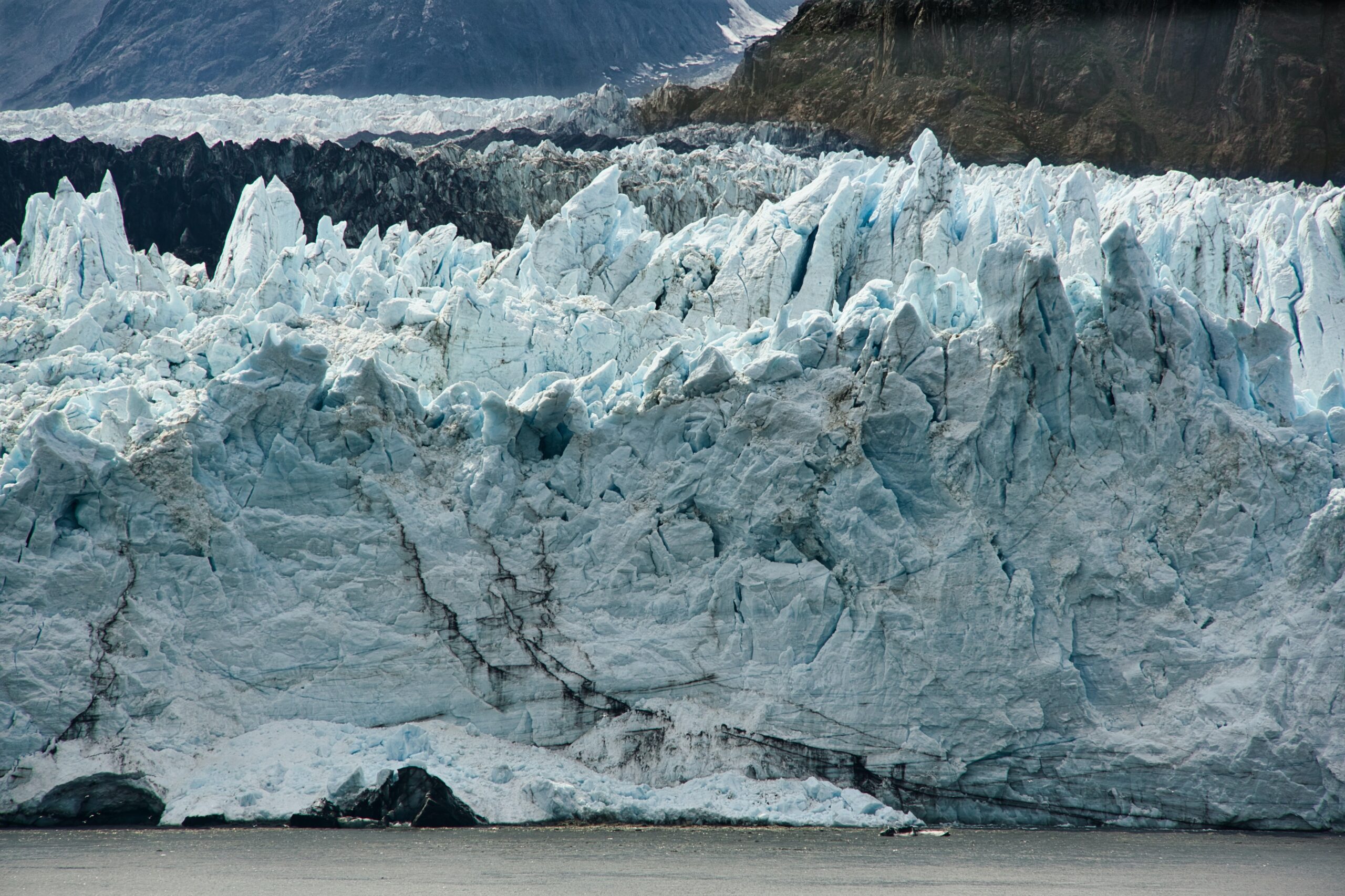
All of these actions help minimize your own carbon footprint. By taking public transport, less cars will be on the road emitting GHG. Most of the world’s land is set aside for livestock, so by consuming less, less resources get used up in meat’s production. Along with these important steps, we also suggest adding your voice to the issues surrounding climate change, supporting clean energy and taking personal actions to reduce your impact on the planet.
True or False: The overwhelming majority of scientists agree that climate change is real and caused by humans.

An overwhelming 97% of climate scientists who regularly publish research agree that human activity is driving global warming and climate change. Major scientific institutions worldwide—including U.S. and international science academies, the UN's Intergovernmental Panel on Climate Change (IPCC), and many other respected organizations—have publicly affirmed this consensus.
True or False: Wasting less food is a way to reduce greenhouse gas emissions.

Wasting less food is an effective way to reduce greenhouse gas emissions. Globally, food waste is responsible for 8-10% of total greenhouse gas emissions. In the U.S. alone, nearly 60 million tons of food—almost 40% of the total supply—is thrown away each year, much of it ending up in landfills where it produces methane, a potent greenhouse gas. This waste not only contributes to climate change but also squanders the water, energy, and land used to produce, transport, and store that food. Reducing food waste is considered one of the top solutions to the climate crisis.
Scientists measure changes in sea temperature by the decades. About how much have sea temperatures increased every decade since the 20th century?

From 1901 until 2023, sea surface temperatures increased at an average rate of 0.14 degrees Fahrenheit per decade.
Which years has been the hottest on record?
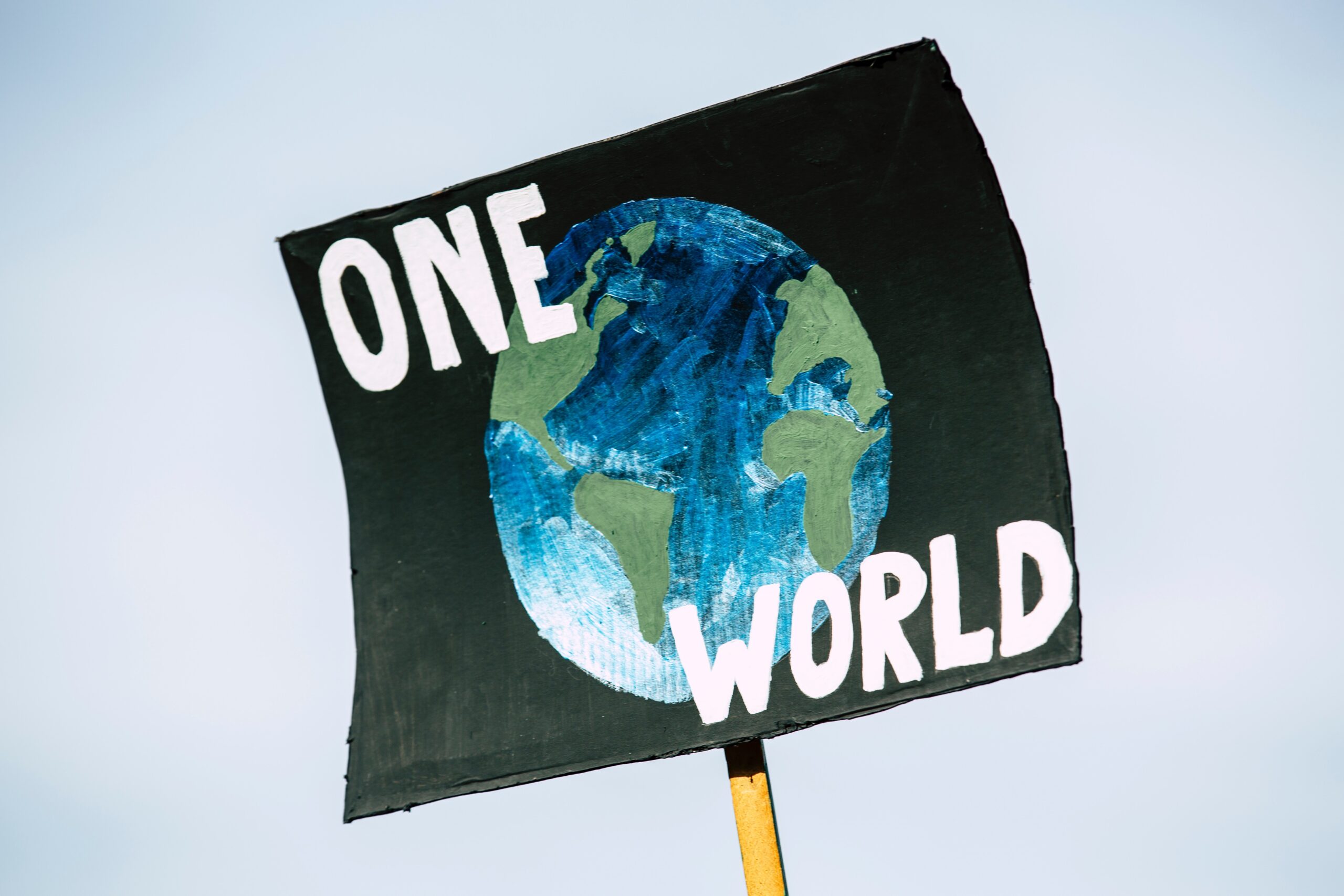
In 2024, the average global surface temperature was 2.32°F (1.29°C) higher than the 20th-century average, making it the hottest year on record since measurements began in 1850. It surpassed the previous record set in 2023 by 0.18°F (0.10°C). Notably, all of the 10 warmest years on record have occurred within the last decade.



Share your Results:
Learned something? Check out our other quizzes:
Go back to quizzes